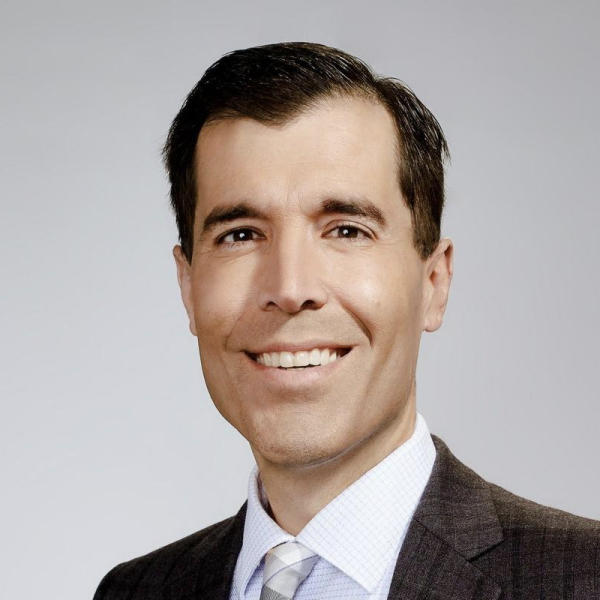Daylight saving time: Could setting our clocks ahead and back soon be a thing of the past?
For high school teacher and mother Jennifer Shaffer, time and sleep are two precious commodities. So with the end of daylight saving time approaching, the busy mom says she dreads changing her clock.
"It's definitely going to throw a curveball at us and it's going to mess us up for the next few days, even a week," Shaffer told CBS News.
She's not alone. According to a poll conducted by Monmouth University, six in 10 Americans said they preferred making daylight saving time permanent — ditching the biannual clock-changing practice created during World War I to conserve energy.
Setting our clocks ahead and back could soon be a thing of the past — if some lawmakers have their way.
This year, Congress brought the issue into the spotlight when the House energy committee heard testimony in a formal hearing about how clock changing is linked to increased risk of depression, stroke and sleep disruption. According to Children's National Hospital sleep expert Dr. Tyish Hall Brown, changing clocks can have an impact on the body.
"We have an internal kind of rhythm to our body and to our health," Brown said. "And every time we move forward or backwards, that has to adjust as well."
In March, the U.S. Senate by unanimous consent passed legislation without warning to make daylight saving permanent as of 2023, should the U.S. House and president agree.
Michigan congressman Fred Upton said the effort will likely come up short in the House, partly because some people in the western section of time zones say they are concerned that permanent daylight saving could make for very dark and late mornings.
"Not only would [school buses] be running in the dark, the kids probably would be in second or third hour while it was still dark," he said.
Nearly 15 years ago, Upton championed an energy-saving bill that stretched daylight saving time even later into November.
"Particularly with global warming, climate change is real," he said. "Why not take advantage of that extra hour of sunlight."
